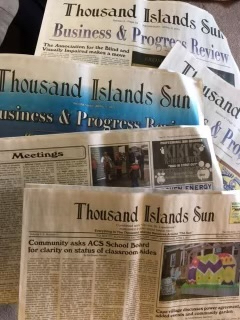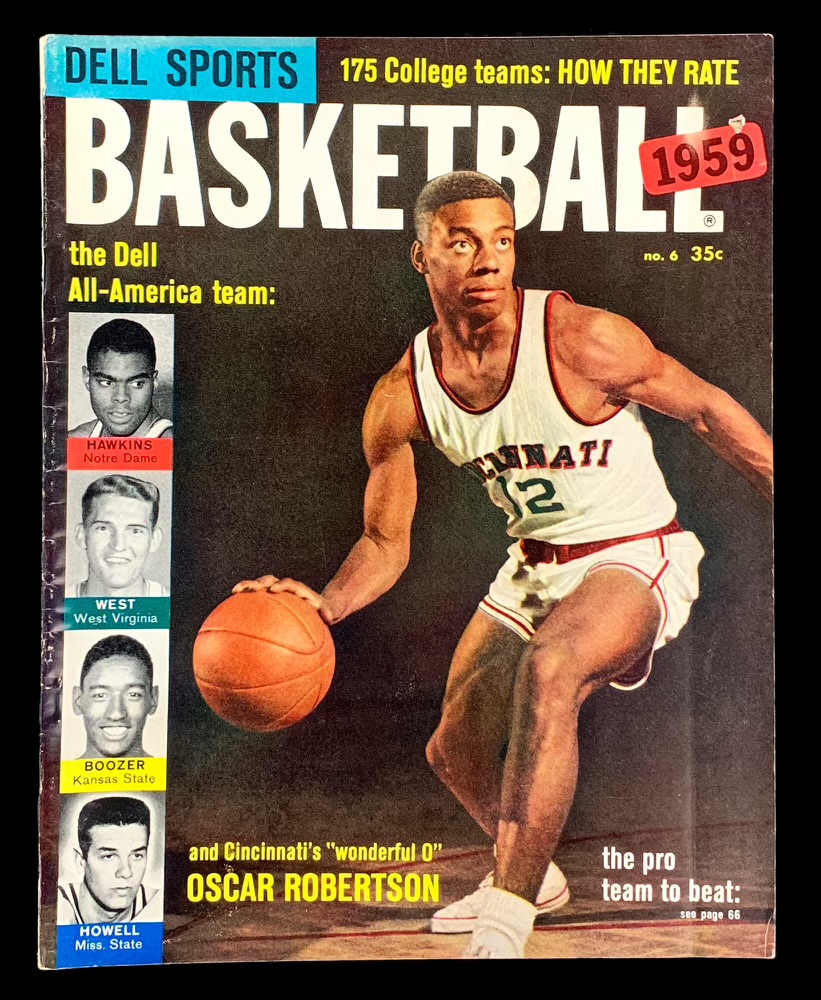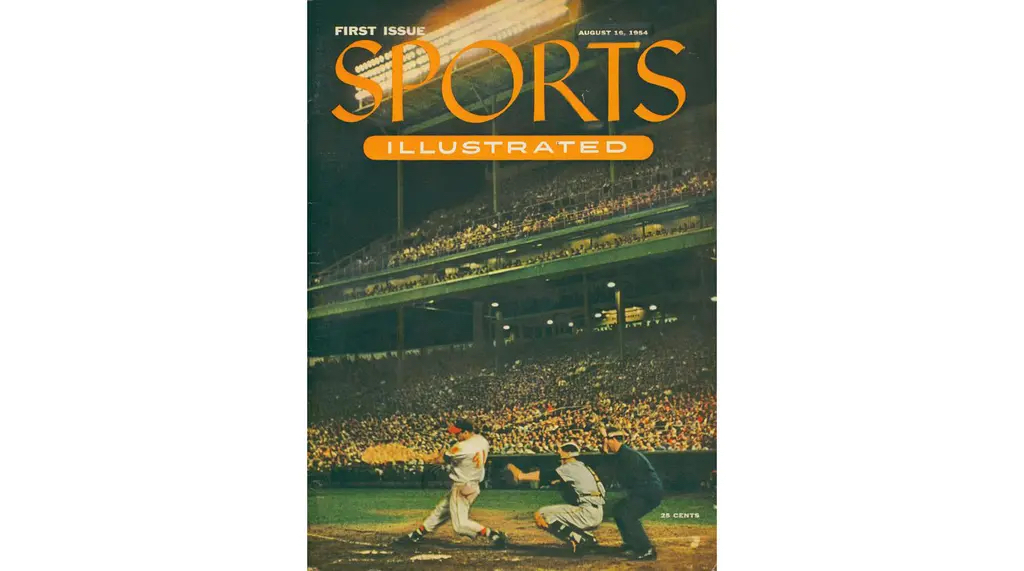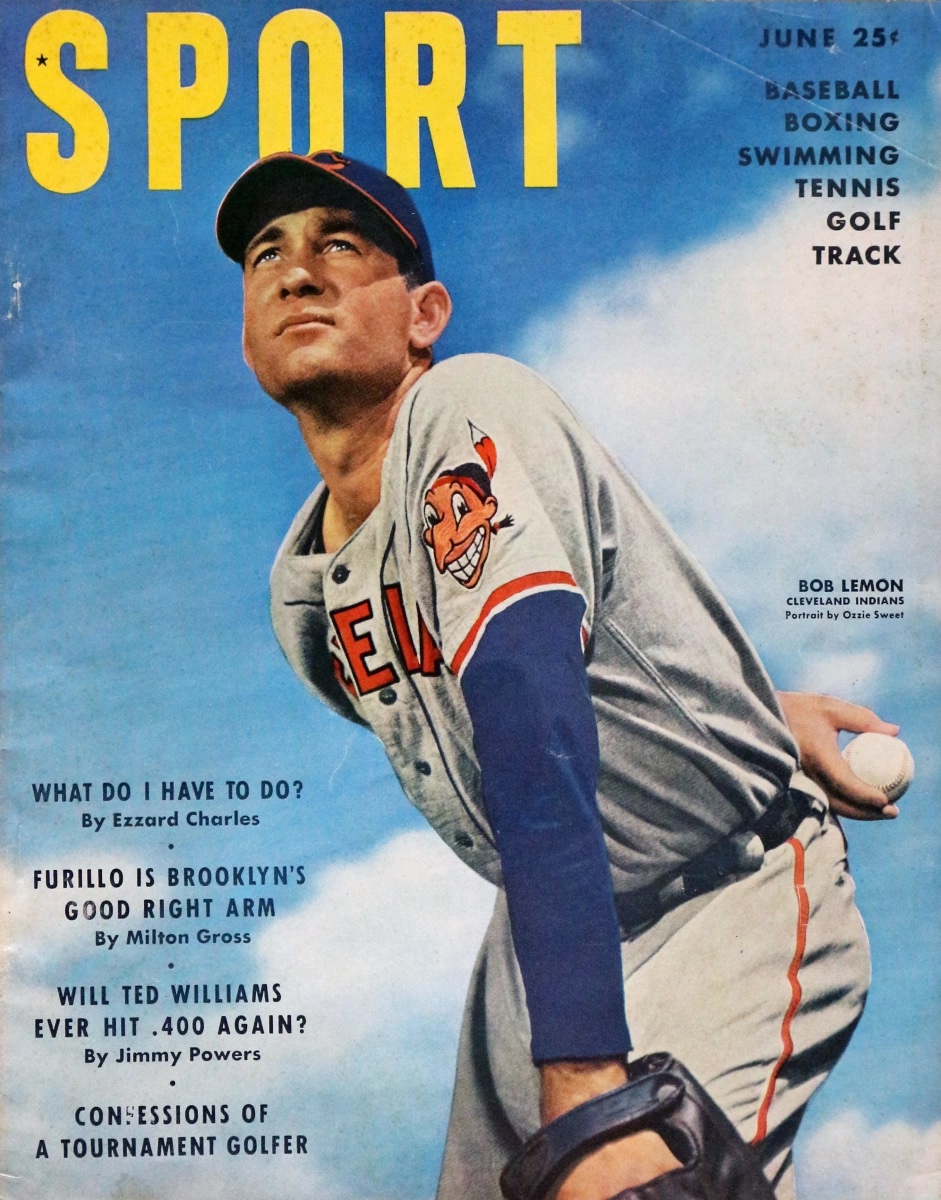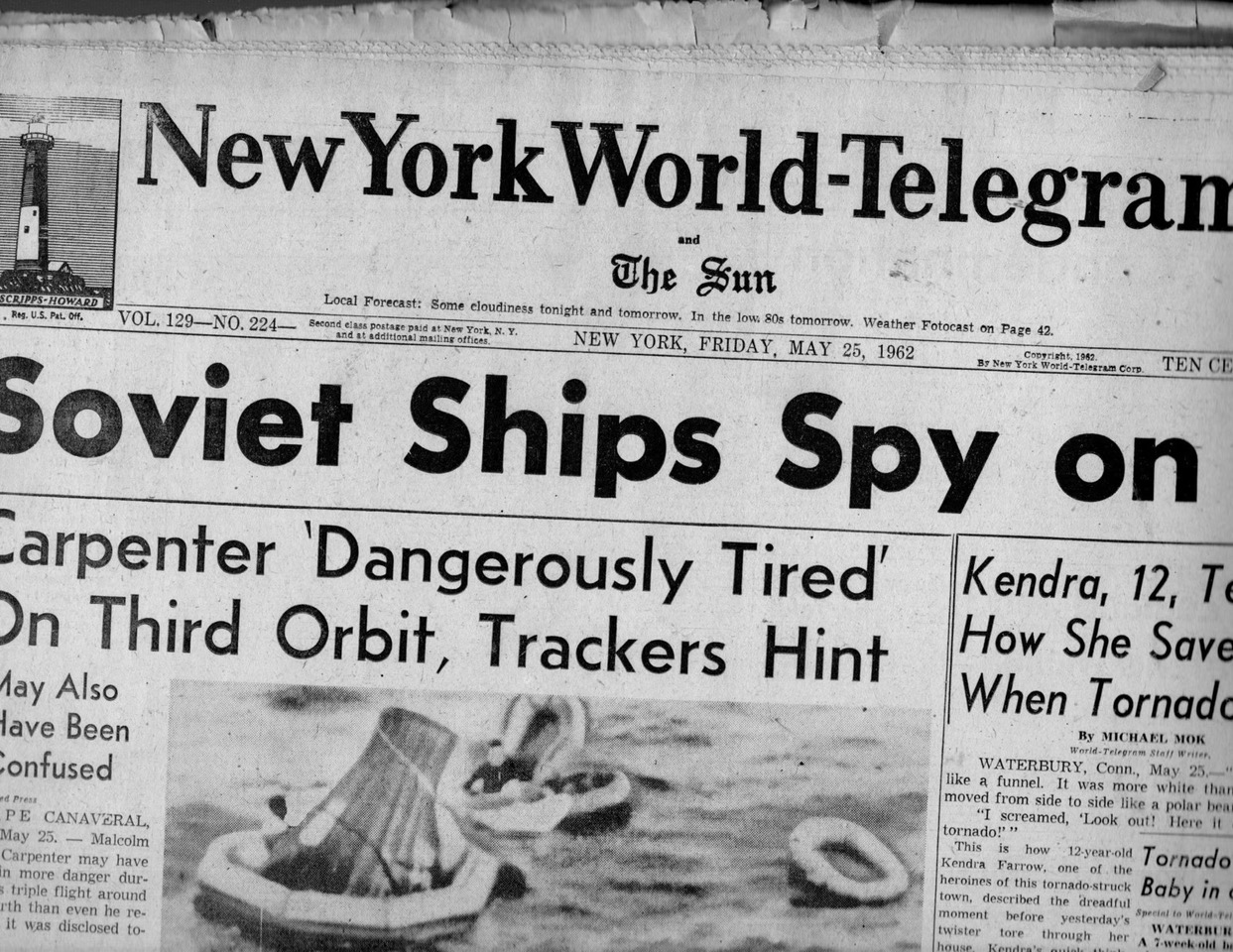Sports and the Printed Word
Growing up I couldn’t read enough about sports.
I’ve told the story many times how my father would bring home eight newspapers every day and we would check out the various ways writers would cover the same game.
Queens, is one of the five boroughs of New York City. It is about a half hour from Manhattan, so there were so many papers to read.
I remember them all. The New York Times, The Herald-Tribune, The Daily News, The Daily Mirror. Those were the morning papers. The afternoon editions would give a second-day treatment to the games. More features. They were the Journal-American, The World-Telegram and Sun, The Post, and our local news paper, The Long Island Press.
Some of the papers had morning and afternoon editions.
There were writers who covered the local New York teams, and there were the columnists, who would be opinionated, or wrote about a single athlete, coach, or manager in a more interview style.
I ate it all up. And that ignited my love for journalism and my goal to be a sportswriter.
I credit my father, Joe, for that, and have always said, he got me started on what I was to become.
Reading newspapers led to reading a monthly magazine which dealt with longer-form stories on teams and players.
Sport Magazine was a monthly publication that I never failed to pick up the first day it hit the stands. The writing was outstanding and it fleshed out the world of sports that went beyond the local coverage I first knew.
In addition to the stories about the stars in all sports throughout the country, it contained several pages of color photographs of the subject. Imagine, growing up in the days BEFORE the advent of color TV, seeing a full page color photo of as player in his uniform, which I could only imagine previously.
Then, in August, 1954, a new sports magazine emerged.
Sports Illustrated’s maiden issue featured a brilliant view of Eddie Mathews of the Milwaukee Braves swinging at a pitch against the New York Giants, my team.
I could tell the catcher was Wes Westrum, and the cover photo taken from the third base side, showing the capacity crowd at County Stadium at a night game was breathtaking, and unforgettable.
Sports Illustrated was a weekly magazine, while it contained stories of sports that went beyond what I was accustomed to, I found it broadened my scope beyond the four major sports, baseball, football, basketball, and hockey.
That’s where I learned more about tennis’ Davis Cup, the major golf championships, and the so-called minor sports. The writers were some of the best in history. The prose was often magnificent, and coupled with Sport Magazine which eventually faded, I had more than my fill.
Other publications I awaited with anticipation were the annual editions of the Dell baseball and basketball magazines as well as the Street and Smith previews of the same sports.
They were filled with stories of the upcoming seasons with scouting reports, features, useful statistics, and oh yes, color photos, mostly on the cover.
I will never forget the time I was supposed to be studying for my mid-term exams at Syracuse. As it happened, it was the same day the Dell basketball issue was available on Marshall Street on the campus.
I ran down to purchase the magazine, took it back to my room and read it cover to cover.
How do you think I spent that important time?
Poring over the outlook for the college hoop season just getting underway, or going over my notes for the important tests the next day in History, Religion and Mathematics?
Here’s the answer.
I barely earned a C grade for one of those exams, but I could tell you the starting lineups for the top 50 college basketball teams in the nation.
And there you have it!
I know I became a broadcaster, but writing has always been my first love, and how ironic it is that I have come full circle with this column which also appears on my website, stocktonsays.com
Doing a good broadcast is no different than writing. You do it in your head and express yourself.
I’ve always looked at my profession that way.
When we opened the telecast of a game, I rarely mentioned the stars of the contest we were about to see, like Larry Bird and Magic Johnson, and let it go at that.
But as a journalist beginning with the lead of a story, I would talk about the styles of the Celtics and Lakers utilizing their star players and presented a setting to see how it would play out.
Vocabulary has always been a keystone to any kind of communication and I discovered early on, that the only way to have words at your disposal was by reading.
Reading books, not only sports books, but historical non-fiction, biographies, and novels, all do the trick.
There is never an empty time where I don’t have a book to read. Lately, it’s been about the lead-in to D-Day from General Dwight Eisenhower’s point of view.
But my fallback is always the detective, mystery, and courtroom fiction of my favorites, Michael Connelly, John Grisham, and Thomas Perry, to name a few.
I prefer the simple style, with simple words that tell the story. I usually can tell in the first few pages if an author is going to be more convoluted, using more complicated words in an effort to show off.
The most classic author ever, and those who read know this as well, was Ernest Hemingway.
When I first began writing this column I had no idea where it would lead.
As the years have rolled on, I have come to relish doing it. I may be retired from broadcasting, but apparently I am not really retired. Thinking of next week’s topic or topics keeps me alert and always thinking.
Most of the time the subject is about sports. But as I move further away from the day-to-day involvement, I have traveled other avenues, writing about things I think about.
What I have done is put down on paper what I believe using my voice.
My training as a writer has been limited. I don’t believe I could get a job at virtually any publication. But I write how I feel, using the words that fit.
I often think these columns would be better heard than read.
Maybe I’m being too harsh on myself.
I enjoy it and no one yet has asked me to clean out my desk.
You’ll be the first to know, if they do.

